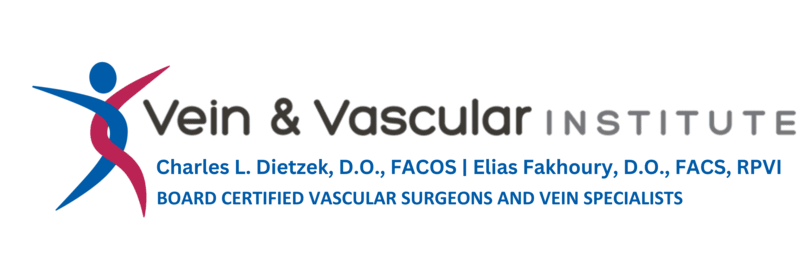Patients are often curious as to why varicose veins only seem to develop in the lower limbs. After all, your entire body is covered in veins from head to toe, so it would seem likely if veins in the lower extremities can varicose so can the limbs in the upper body, but that doesn’t happen.
We will take a closer look at why varicose veins develop. By taking a closer look at what causes varicose veins, you may be able to understand why this problem tends to only happen in the lower limbs.
Table of Contents
ToggleWhat Causes Varicose Veins?
Veins are responsible for helping control the flow of blood throughout the body. When the veins are healthy blood freely circulates around your body. If the vein becomes unhealthy, blood flow stops and problems develop.
People with varicose veins tend to develop swollen, enlarged, and extremely painful veins as a result of the small valves being unable to properly function. The valves control blood flow in the veins. If they do not work, the blood can start to pool and backup which results in pressure being put on the walls of the veins. That pressure creates the symptoms, such as pain, itchiness, and redness, which are associated with varicose veins.
Why are Lower Limbs More Likely to Get Varicose Veins?
Lower limbs, such as the legs and feet, are more likely to get varicose veins because more pressure is applied to the veins in these parts of the body. Everything from walking, sitting, or standing puts pressure on the veins in your lower limbs. This pressure increases the likelihood that the veins will varicose.
Your upper limbs, such as arms and neck, aren’t exposed to as much pressure as your lower limbs. This decreases the likelihood that the valves in the veins will stop working and the veins will varicose.
Get a Proper Diagnosis from a Vein Doctor for Enlarged Veins in the Arms
Just because it is uncommon for varicose veins to happen in the upper extremities doesn’t mean it never happens. If you should experience symptoms that indicate you may have enlarged veins in your upper extremities it is important to schedule an appointment with a vein doctor.
A vein doctor will be able to accurately assess your case, order further testing, and determine the cause of the enlarged veins. Once an accurate diagnosis has been made treatment options can be discussed.
If your vein doctor determines that the enlarged veins in your upper extremities are varicose veins, a customized treatment plan will be created. Vein doctors will typically recommend sclerotherapy and microphlebectomy for treatment of upper extremity varicose veins.
Have questions about varicose veins? Call Vein and Vascular Institute of New Jersey to schedule an appointment with an experienced vein doctor.
